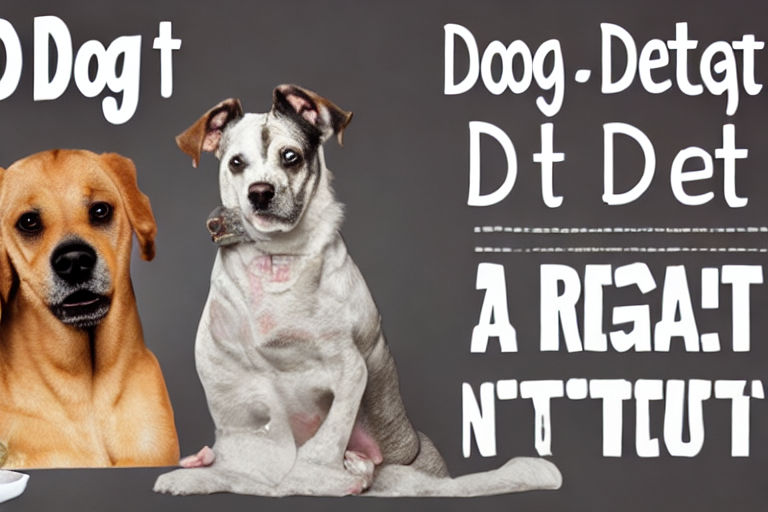10 Tips for Keeping Your Dog's Diet Healthy and Balanced
Having a healthy and balanced diet is important for your dog's overall health and wellness. The food that your dog consumes is the main source of nutrition that contributes to their growth and development. Therefore, it's essential to pay attention to what you feed your dog. In this article, we're going to share ten tips to help you keep your dog's diet healthy and balanced.
Tip 1: Choose Protein-Rich Foods
Dogs are carnivores, which means they require protein in their diet. It's important to select a high-quality dog food that contains protein-rich sources such as beef, chicken, or fish. Protein is essential for muscle development, immune system function, and healthy skin and coat.
Tip 2: Avoid Artificial Ingredients
Your dog's food should not contain artificial colors, flavors, or preservatives. These ingredients can cause allergic reactions and digestive issues in dogs. Always check the label when purchasing dog food.
Tip 3: Monitor Treats
Treats should be given in moderation. They can contribute to obesity and other health issues if given excessively. Choose healthy treat options such as carrots, green beans, or apples.
Tip 4: Avoid Human Food
Some human foods can be toxic to dogs. Chocolate, grapes, and onions are some examples of foods that should never be given to dogs. Also, avoid feeding your dog table scraps as it can disrupt their routine diet.
Tip 5: Control Portions
Overfeeding can lead to obesity and other health problems. You can control portions by using a measuring cup to ensure you're serving the appropriate amount.
Tip 6: Rotate Your Dog's Diet
Rotating your dog's diet can provide them with a variety of nutrients needed for their overall health. Consider introducing new dog food recipes gradually to avoid digestive issues.
Tip 7: Fresh Water
Make sure your dog has access to fresh, clean water at all times. Dehydration can lead to health problems.
Tip 8: Check The Expiration Date
Always check the expiration date on dog food to ensure that it is not expired. Expired food can cause digestive problems and make your dog sick.
Tip 9: Consider Age, Breed and Activity Level
Your dog's age, breed, and activity level play a critical role in their dietary requirement. For example, a senior dog may require food with fewer calories than a puppy. Consult with your veterinarian to determine the best food for your dog's needs.
Tip 10: Regularly Visit A Veterinarian
Regular visits to a veterinarian can help you monitor your dog's health and nutrition needs. They can recommend dietary supplements or specialized diets for dogs with specific health issues.
In conclusion, keeping your dog's diet healthy and balanced is essential for their overall health and wellness. By following these ten tips, you can ensure that your dog gets the nutrition they need. Remember to consult with your veterinarian before making any changes to their diet.



